Clinical guidance for our most vulnerable patients
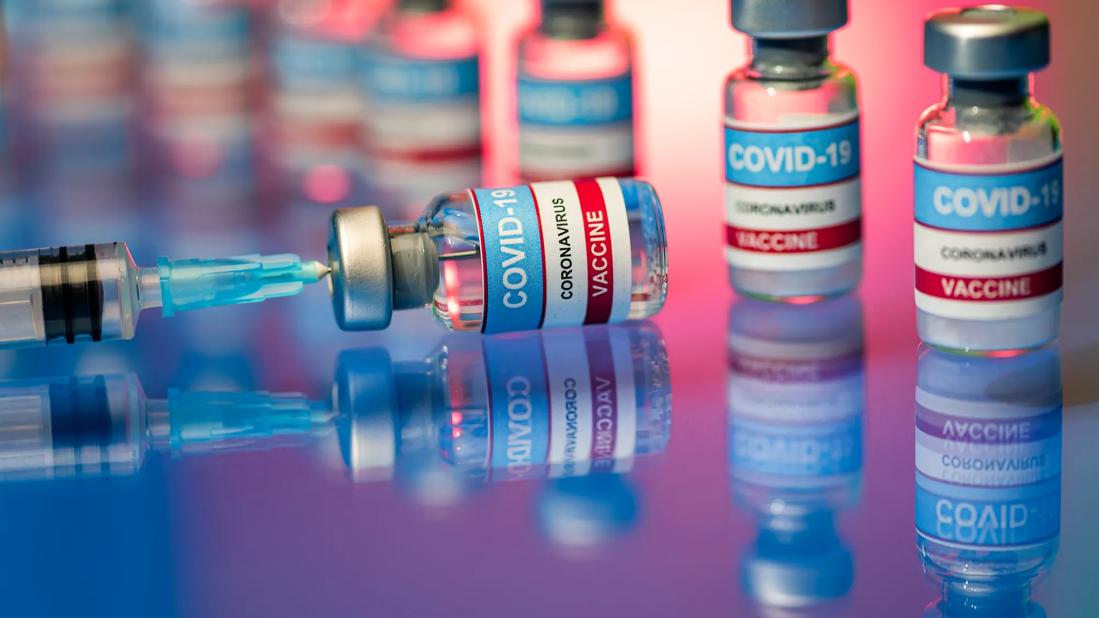
Advertisement
Cleveland Clinic is a non-profit academic medical center. Advertising on our site helps support our mission. We do not endorse non-Cleveland Clinic products or services. Policy
Keeping up with the latest data on COVID-19 continues to be a whirlwind, and by the time you read this piece it is likely to be outdated. I have had the privilege of serving as a member of the American College of Rheumatology (ACR) COVID-19 Vaccine Clinical Guidance Task Force along with 12 other specialists from rheumatology, infectious disease and public health. This group had the tall task of drafting guidance for rheumatology providers on vaccinating patients with immune-mediated inflammatory diseases (IMIDs) against COVID-19 in the absence of data.
The first iteration was released on February 16, 2021, and published on March 17, 2021. Now we are on version four, updated on August 19, 2021, and it continues to be a work in process as new data accumulate at a rapid pace. This guidance document is meant to serve as just that in the absence of definitive data.
In the beginning, our knowledge of immune response to COVID vaccines was extrapolated from data on non-COVID vaccines. Now we have a growing amount of COVID-vaccine related data to suggest that rituximab, methotrexate, higher dose steroids, abatacept and JAK inhibitors, among others, inhibit vaccine responses. However, no data suggest that holding any of these medications will boost immune responses to COVID vaccines. Nonetheless, the ACR guidelines recommend holding various biologics and disease-modifying antirheumatic drugs (DMARDs) after COVID vaccines and booster doses. The idea is that continuing these medications precludes a boosted immune response, and until we have more data, any potential for increased immune response should be pursued through shared and informed decision making and in the right setting (disease-activity permitting, etc.).
Advertisement
The ACR guidance document also supports the FDA recommendation for a third COVID mRNA vaccine dose or “booster” for immunocompromised persons, and this includes patients on any biologic, DMARD or chronic glucocorticoids at any dose, and patients with common variable immunodeficiency (CVID).
It has become clear that our most vulnerable patients are those receiving iatrogenic B-cell depleting agents such as rituximab. Numerous studies demonstrate their high risk for poor outcomes with SARS-CoV-2 infection. This became evident during the prevaccine era, and unfortunately remains true for fully vaccinated patients receiving these drugs, where breakthrough infections are now well documented, and numerous studies have shown that vaccination within six months of receiving rituximab is strongly associated with significantly reduced humoral response and correlates with the absence of CD19 cells.
Many studies now show that while humoral immune responses are severely impacted, T cell responses may be robust. However, the clinical significance of this data remains unclear given the incidence of breakthrough infections and their associated high morbidity and mortality. The need to time administration around the last dose of rituximab (waiting as long as possible to vaccinate, six months if disease activity allows) has made it challenging to vaccinate this population and has also highlighted the importance of early diagnosis and aggressive outpatient management of COVID-19 with monoclonal antibodies, which are effective in reducing viral load, symptom duration and disease progression to hospitalization and death.
Advertisement
In collaboration with the Lederman/Freeman lab at Case Western Reserve University, we have a pilot study underway examining humoral and cellular immune responses to mRNA COVID-19 vaccination in patients receiving iatrogenic B cell depleting therapy as well as in patients with CVID. In addition, we are examining immune responses after a third mRNA vaccine dose. We are also evaluating clinical outcomes of breakthrough COVID-19 in B-cell depleted patients at Cleveland Clinic.
The most important message for patients is that no matter the degree of vaccine response, nonpharmacological interventions such as masking are still of the utmost importance. Informing, advocating for and helping to protect our vulnerable patients during the pandemic has been a full-time job and will continue until the end is in sight.
Dr. Calabrese is staff in the Department of Rheumatic and Immunologic Diseases.
Advertisement
Advertisement
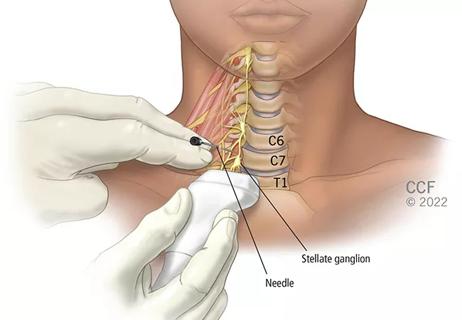
Patients report improved sense of smell and taste
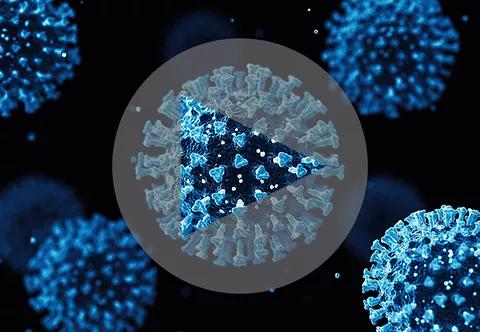
Clinicians who are accustomed to uncertainty can do well by patients

Unique skin changes can occur after infection or vaccine

Cleveland Clinic analysis suggests that obtaining care for the virus might reveal a previously undiagnosed condition

As the pandemic evolves, rheumatologists must continue to be mindful of most vulnerable patients
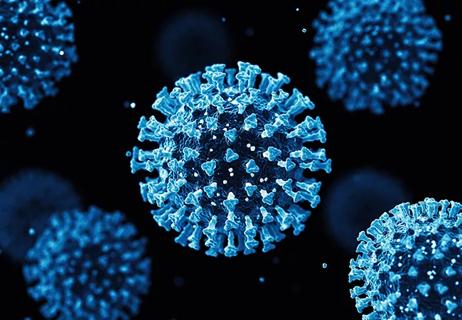
Early results suggest positive outcomes from COVID-19 PrEP treatment
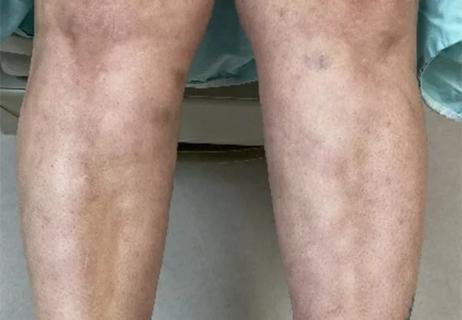
Could the virus have caused the condition or triggered previously undiagnosed disease?

Five categories of cutaneous abnormalities are associated with COVID-19